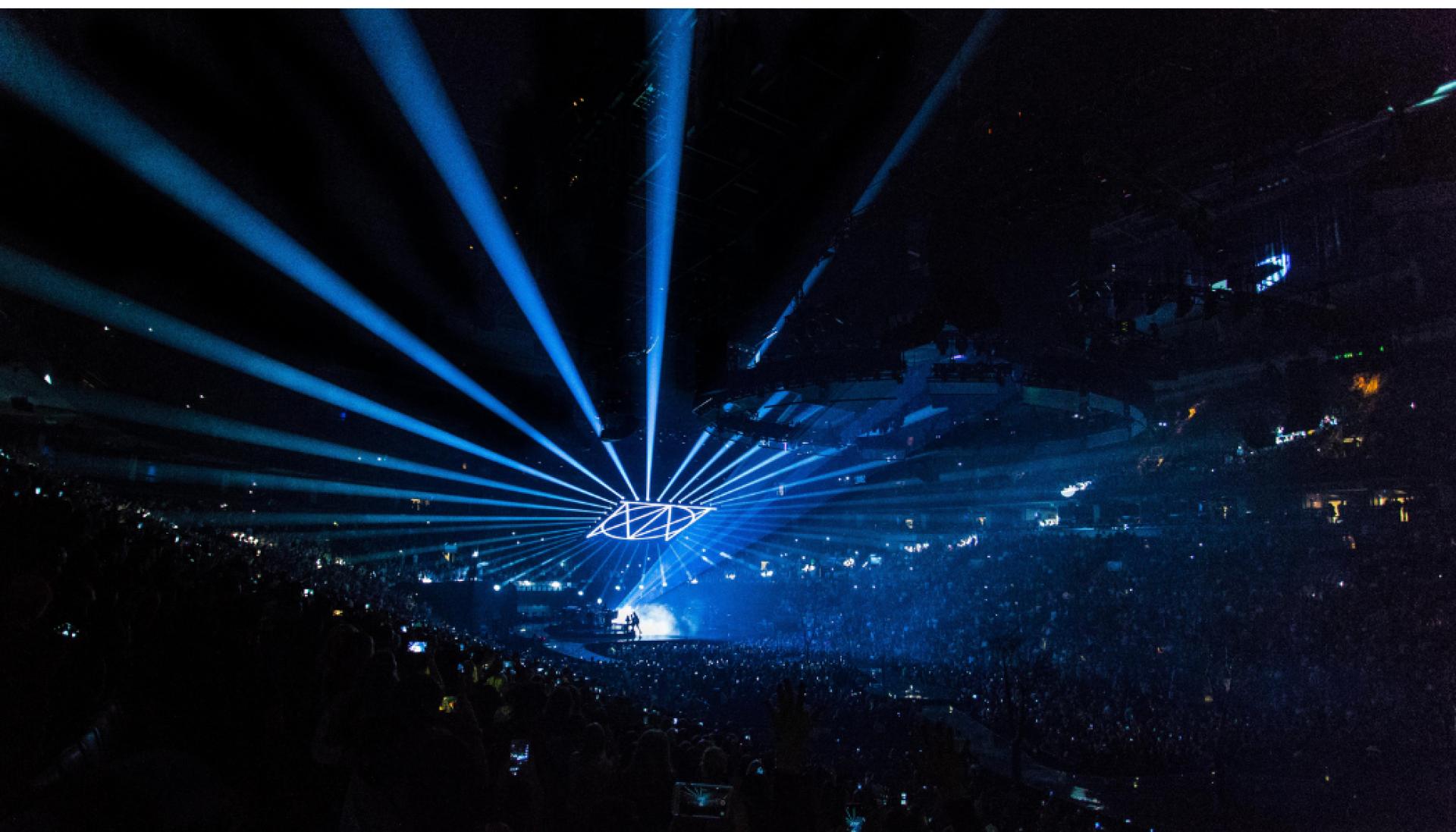The Return Of Live Music In 2023
The COVID pandemic was extremely disruptive to the live music industry - but the post-pandemic era has also come with its own unique challenges and obstacles.
While the lifting of restrictions around physical events and venue capacities has been a big help, the live music industry is still dealing with some pressing issues. Many musicians and venues are still trying to recuperate financial losses from the height of the pandemic, while the cost-of-living crisis has put a dampener on ticket sales.
However, there are clear signs of recovery that are providing venues, artists, and promoters with some much-needed positivity. As the impact of the pandemic slowly subsides, the music industry is looking to make a major comeback this year, with a focus on returning to normality - and even generating growth.
Let’s take a look at the current state of the live music landscape, and explore how the industry is bouncing back from a challenging few years.
The lasting impact of COVID on live events
Although the tightest restrictions from the pandemic are now finished, there may still be a lingering impact on consumer behaviours.
Virtual concerts and drive-in events, for example, are alternatives to traditional live shows that might remain a viable option - and this isn’t ideal for an industry hoping to support physical venues and drive ticket sales.
On top of this, while live music events are now permitted, that doesn’t necessarily mean that ticket sales will be going through the roof. Some consumers may have adjusted to seeing fewer live acts, while the cost-of-living crisis has also forced many fans to tighten their pursestrings and re-think their priorities.
For instance, while 2022 was the first year allowing a full return to live shows, popular indie acts such as Little Simz and Animal Collective needed to cancel entire tours due to poor financial prospects. Consumer demand is still catching up to the increase in live events, and post-pandemic recovery hasn’t been as speedy as many would have liked.
Inflated prices across the board for venues, tickets, hotels, and travel are all putting a financial squeeze on fans and artists alike.
John Kellogg (Program Director for the ‘Master of Arts in Music Business’ for Berklee Online) claims that: “The cost of everything is up to the point that artists feel that it may not be worth it, they can't make a profit.”
Why are live shows so important to the music industry?
It’s also very important not to overlook the value of live events to the music industry - as well as the wider economy.
Live music is a sector that generates a colossal amount of revenue and opens up a huge number of job opportunities worldwide, which is why a successful recovery is so important.
For example, the live music business employs hundreds of thousands of workers around the globe, and it’s estimated that the industry will be worth €38bn by 2030. Mintel also estimates that by 2026, live music sales will reach a record high of £3.2bn as the sector capitalises on pent-up consumer demand.
Live shows aren’t just a fantastic experience for consumers looking to make up for lost time after the pandemic. The entire live music industry is an economic powerhouse, providing artists, venues, and promoters with the money they need to grow.
The scale of live events in the UK, and the importance of music culture
So how big is the live music sector in the UK? And why is it so important for this industry to bounce back to pre-pandemic heights?
In 2019, attendance at concerts and festivals increased to just under 34m, with almost 1,000 events taking place across the UK. When you consider the number of job openings these festivals create (e.g. security, production, retail) and the amount of revenue generated, it’s easy to see why they’re such an important part of the wider economy.
Speaking about the future of live events in the UK, Paul Davies (UK Category Director, Mintel Reports) said:
“The live music industry is well-positioned to navigate the cost of living crisis. Whilst rising costs do pose a threat to the sector, demand for most major music events tends to outstrip supply and this should offer some form of protection. For many, live music is a popular form of escapism which has allowed the sector to remain resilient during previous periods of economic uncertainty..The industry should also benefit from the fact that its core audience is made up of young consumers, many of whom are not responsible for paying household bills and are, therefore, less exposed to current financial pressures.”
Live music is hugely important to UK culture. It provides aspiring artists with a valuable platform, allows consumers to experience their favourite acts, and supports the venues/festivals that nurture rising talent.
While there may be some roadblocks for the live music sector to navigate, it’s vital for the industry to recover and continue contributing to the UK’s cultural and creative scene.
The road to recovery for live music has been a long one, but the industry is now steadily moving in the right direction. As economic conditions improve, traditional shows resume, and government support continues, the live music sector can only grow stronger as consumer demand rebuilds.
After surviving one of the most challenging periods in the history of live events, the music sector is looking to adapt, recover, and grow in 2023 - and there is a feeling of cautious optimism for artists, businesses, and fans alike.
If you’re looking for guidance on finding the best talent for a growing finance or operations team within the Music industry, please get in touch with Matt at [email protected]






